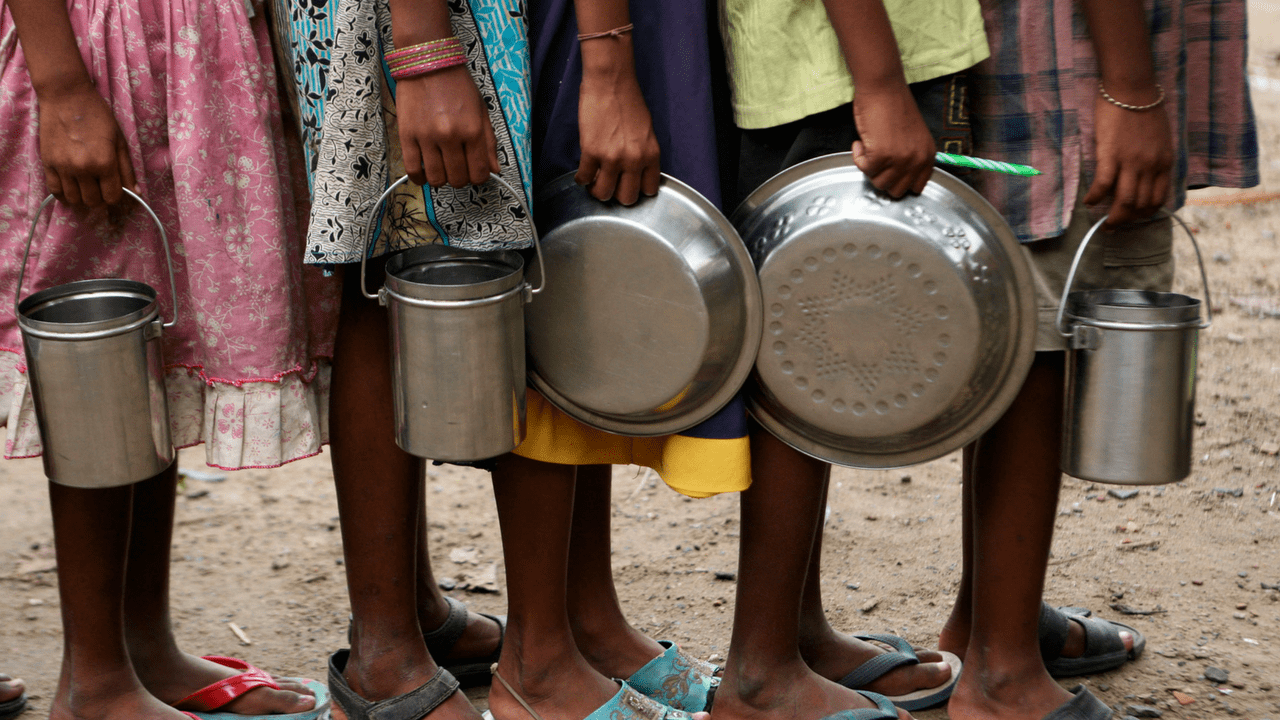
In the second episode of The COVID Chronicles podcast, Dr. Satchit Balsari speaks with Enakshi Ganguly, child rights activist and the co-founder of HAQ: Centre for Child Rights. In July 2020, Ganguly was part of the 11-member expert committee set up by the National Human Rights Commission (NHRC) to investigate the impact of COVID-19 on human rights, especially those of marginalized and vulnerable sections of the society. Ganguly led the discussion related to the advisory on the rights of children.
Discussing the impact of COVID-19 on children, education, and the families of migrant workers, Ganguly says that the pandemic has unfolded as a child’s rights crisis. She observes that the marginalized children are paying the heaviest price as millions of young people are unable to access remote learning during school shutdowns.
Highlighting the spike in domestic abuse, school dropouts, and child labor due to norm changes during the pandemic, Ganguly stresses the need to strengthen child protection mechanisms at the local level. Children and young adults will be living with the long-term secondary impacts of the pandemic unless we choose to address this issue with effective policy interventions.
The COVID Chronicles podcast is made in collaboration with the Times of India.
